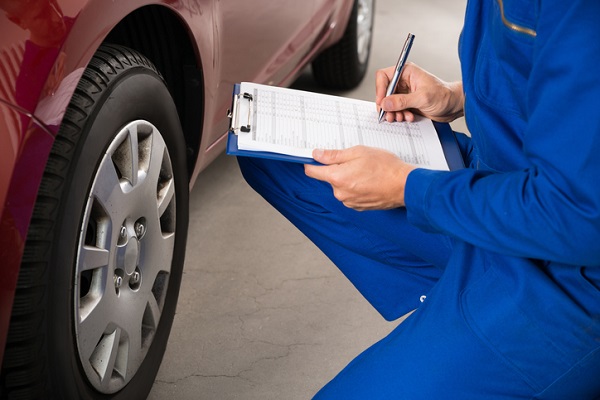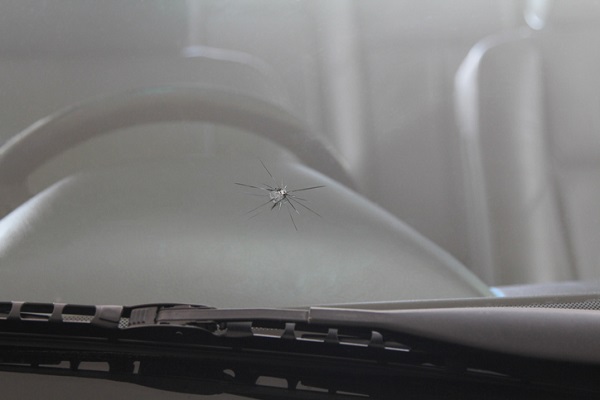What an Automotive Service Advisor Considers During a Simple Car Safety Check

Professional auto service advisors know the importance of regular vehicle maintenance and inspections, especially when it comes to keeping drivers safe. Auto service advisors perform safety checks as part of regular vehicle inspections to make sure those things—such as head and tail lights, windshield wipers, and horns—are all in perfect working order. Knowing how to spot these potential safety hazards quickly when performing an automobile inspection could not only prevent possible breakdowns and accidents, but give drivers peace of mind when they hit the road.
Are you interested in learning what auto service advisors tend to keep in mind whenever they perform a safety check? Read on to learn more!
Professional Auto Service Advisors Always Check for Cracks in Windshields
Even the most seasoned driver is bound to have a small crack or two in their windshield, and knowing this, auto service advisors will give windshields a thorough inspection. Even the smallest cracks can be potentially dangerous because they can weaken overall integrity. What’s more, if another chunk of debris would hit that windshield, it could possibly lead to even bigger cracks. Driving with large cracks is also ill advised, considering that they often prevent drivers from seeing the road clearly, increasing the risk of an accident.

To prevent windshields from shattering and endangering the driver, an automotive service advisor may often recommend that smaller cracks on a windshield be filled to keep them from growing. On the other hand, windshields with massive cracks should be replaced immediately. In fact, auto service advisors would do well to remind clients that driving with a severely cracked windshield could result in a hefty fine to the tune of $110 in Ontario.
Checking Seatbelts and Head Rests Are Musts for Automotive Service Advisors
Everyone knows that it isn’t a good idea to drive without a working seatbelt. Therefore, professionals with service advisor training will almost always check to make sure that a car has all of its seatbelts, and that they are functional. Faulty seatbelts can be diagnosed in a number of different ways, the first being a quick inspection of the buckle for signs of damage. Auto service advisors will want to test the buckle to make sure it clips in place and doesn’t dislodge. They should also check to make sure that there aren’t any rips or tears in the belt and test whether it locks in the event of an accident by quickly pulling the belt forward.
Head rests are also essential to a driver’s safety in case of an accident or sudden stop, but their importance is often overlooked. A properly adjusted head rest can actually help to prevent nasty neck injuries like whiplash and severe sprains during a collision. Auto service advisors should check to make sure that the vehicles they inspect all have headrests (if they are removable), and determine if they are capable of being easily adjusted. Broken head rests, as well as those that can’t be moved up or down, should be replaced right away.
Pros with Service Advisor Training Never Miss Tires During Safety Checks
Making sure to check tire pressure and inspect the condition of the treads is an important step in an overall safety check. A well maintained set of tires can lead to better handling, which is crucial when a driver needs to make a quick swerve to avoid colliding with an obstacle, or a pot hole. Professional auto service advisors know that even if a tire doesn’t look deflated, it could still be running low on air.
To make sure that the air level in a tire is adequate, they can check tire pressure with an air pressure gauge. Auto service advisors will also want to check for any cracks, holes, and gashes on the sides of the tires, and verify if the treads look worn down. Tires with worn down treads will have less traction on the road, which could lead to slippage and might increase the likelihood of an accident.
Want to see what training as an automotive service advisor Canada can provide?
Contact CATI to find out!
